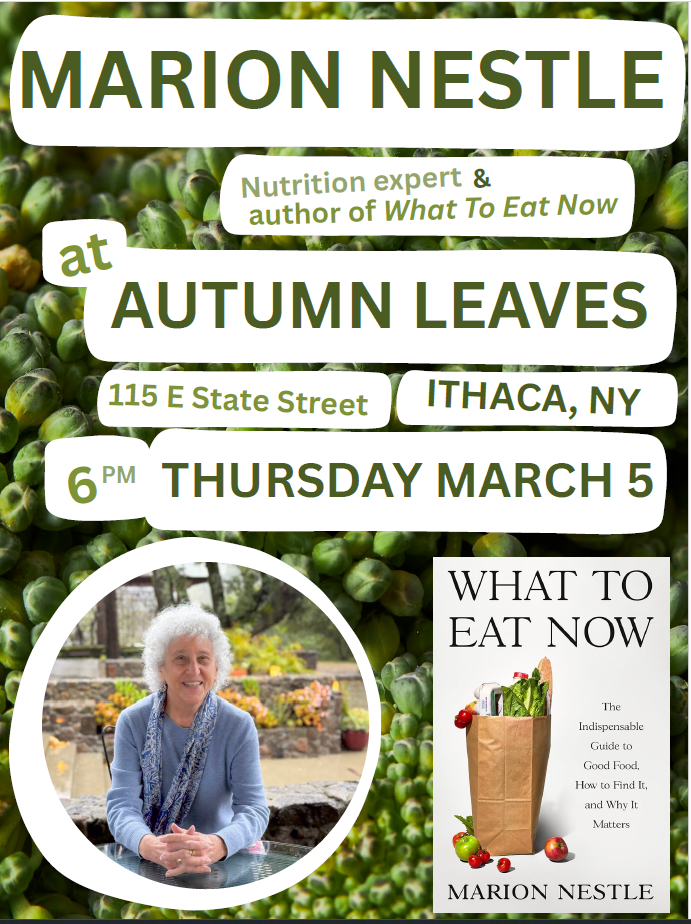Smart Choices suspended! May it rest in peace.
Big news! According to an AP report today, the group that runs the Smart Choices program has announced that it will “postpone” active recruitment of new products and will not encourage use of the logo while the FDA is in the process of examining front-of-package labeling issues.
Who says the FDA does not have any power? I think it does. And let’s welcome it back on the job.
As for my nutrition colleagues in the American Society of Nutrition, the group that competed to manage the program and has been defending it ever since, here’s what they now say:
Dear ASN Member,
Today the Smart Choices Program announced the decision to voluntarily postpone active operations and not encourage wider use of the Smart Choices Program logo. This move follows an announcement by FDA Commissioner, Margaret Hamburg, M.D. on Oct. 20, 2009, which said that the agency intends to develop standardized criteria on which future front-of-package (FOP) nutrition or shelf labeling will be based. In a letter captioned, “Guidance for Industry” and posted on its website, the FDA stated: “We want to work with the food industry − retailers and manufacturers alike − as well as nutrition and design experts and the Institute of Medicine, to develop an optimal, common approach to nutrition-related FOP and shelf labeling that all Americans can trust and use to build better diets and improve their health.”
ASN commends the FDA on its announcement of intent to develop standardized criteria on which front-of-pack nutrition and shelf labeling could be based. In addition, ASN fully supports the decision of the Smart Choices Program Board of Directors to postpone their active operations as FDA works to address both front-of-pack and on shelf labeling. “ASN will continue to provide nutrition science expertise within the dialogue on front-of-pack labeling in order to best serve the interests of the health of Americans,” said ASN President Jim Hill in a statement to media.
Sincerely,
ASN Executive Board
As I have explained in previous posts about Smart Choices, the ASN should never have gotten involved in this dubious enterprise in the first place. The organization was lucky to get out of this so easily. I hope it does not make the same mistake again.
The press had a field day with the Smart Choices logo on Froot Loops. As Rebecca Ruiz at Forbes puts it, “the uproar over the program has conveyed a definitive message to industry: Don’t try to disguise a nutritional sin with a stamp of approval.”



